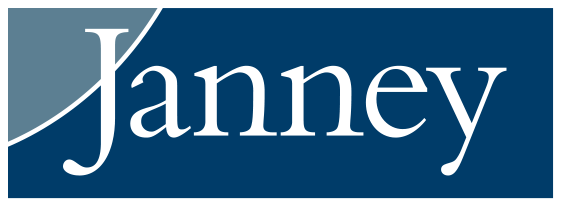If you have a child, grandchild, or multiple children planning to go to college, here are some key considerations to address in order to ensure you are on track to meet your education savings goals.
If You Are a Parent…
Balance multiple financial goals and prioritize effectively
Protect your retirement nest egg: Balance retirement and education savings without compromising one or the other.
Make a list and check it twice: Create a comprehensive list of any and all of your short- and long-term financial goals to help you determine your top priorities and ensure your timelines are synchronized and realistic.
Dial in on the details
Establish your timeline: Approximately how many years do you have until your student starts college? What is your target
retirement date?
What are the student’s education goals? Public or private? Two-year or four-year? How many college bound children do you have?
Consider your saving solutions and options
Consider other contributors: Will anyone else be contributing (i.e., grandparents, the student, other family members)? Will
the student be eligible to apply for/obtain any merit scholarships?
Figuring out financial aid: Learn how the treatment of your assets can affect your financial aid eligibility.
Take advantage of tax-efficient savings vehicles: 529 Plan, UTMA/UGMA, Investment Accounts, Life Insurance, and Roth IRAs are some of the options you may consider when saving for education costs. What’s the best option for you?
If You Are a Grandparent…
Balance multiple financial goals and prioritize effectively
Determine your funding goal or preference: How much would you like or are you able to contribute (i.e., a percentage of the tuition cost, a dollar amount of your choosing, whatever you are able, etc.)?
Establish your timeline: When will the student begin college?
Understand gifting rules to make the most of your contributions
Be tax-efficient: Use the gift tax limits and regulations to your advantage when contributing toward education costs for a grandchild.
Make the most of your gifts: Be strategic about your education funding contributions so that both the giver and the receiver can reap the benefits of smart gifting.
Utilize effective estate planning strategies
Protect your estate: Consider estate planning strategies that can work in conjunction with education funding or gifting contributions.
Working With Janney
Depending on your financial needs and personal preferences, you may opt to engage in a brokerage relationship, an advisory relationship or a combination of both. Each time you open an account, we will make recommendations on which type of relationship is in your best interest based on the information you provide when you complete or update your client profile.
When you engage in an advisory relationship, you will pay an asset-based fee which encompasses, among other things, a defined investment strategy, ongoing monitoring, and performance reporting. Your Financial Advisor will serve in a fiduciary capacity for your advisory accounts.
For more information about Janney, please see Janney’s Relationship Summary (Form CRS) on www.janney.com/crs which details all material facts about the scope and terms of our relationship with you and any potential conflicts of interest.
By establishing a relationship with us, we can build a tailored financial plan and make recommendations about solutions that are aligned with your best interest and unique needs, goals, and preferences.
Contact us today to discuss how we can put a plan in place designed to help you reach your financial goals.
Related Articles
-
Education Planning
Tips for Leveraging 529 Education Savings Plans
You’re proud of the children in your life. And understandably, you may want to reward them with o... -
Education Planning
Planning Strategies for Remaining 529 Balances
If you saved more for college than you needed, here’s how make the most of the leftover funds. -
Education Planning
529 Plans: A Tax-Efficient Way to Fund Your Grandchildren’s Education
Explore the advantages and considerations of using 529 plan accounts to save for and help fund yo...


